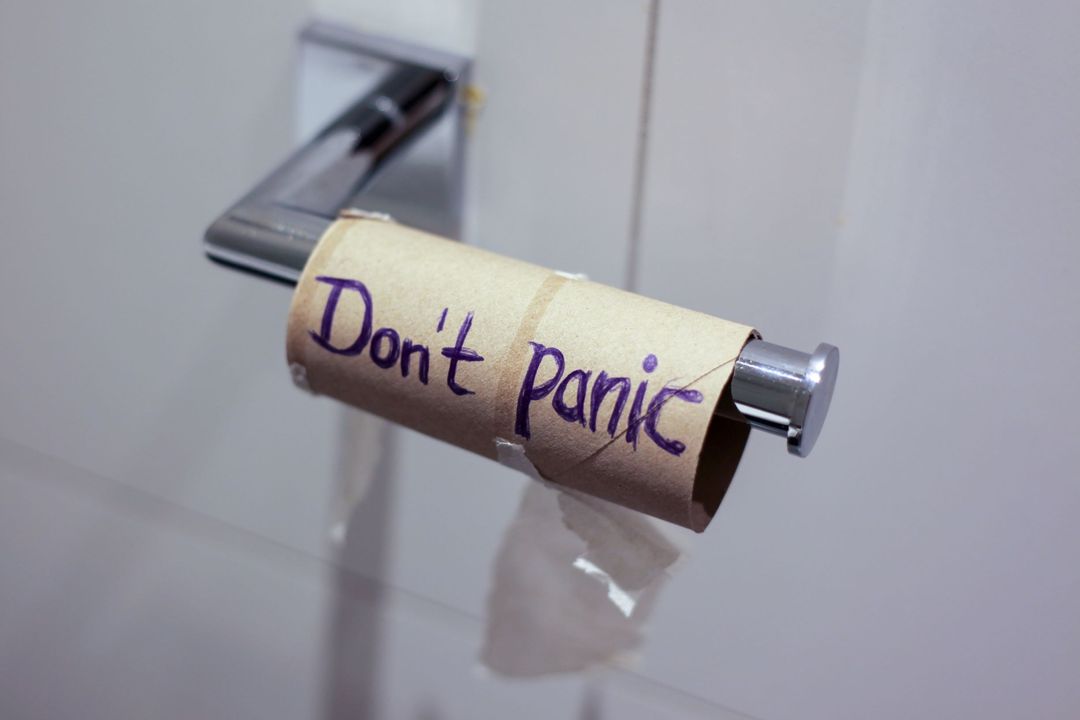Life is a little different…
These are strange times. Everything is just a little different. I have continued to see patients in my urogynecology practice although now with a mask and a face shield. The appointments are longer and timed differently to minimize the number of people in the waiting room and to follow social distancing guidelines. The office has always been sparkling but there are more hygiene protocols. I have more phone appointments. Virtual visits are a new feature of the pandemic that will hopefully continue- I think many women are more comfortable starting the conversation from their own home. And the conversations that I have with my patients are different. Symptoms are more intense. There are more symptoms. And the symptoms interfere more with day to day life and are more bothersome. When I talk to my colleagues they have noticed the same thing. So that makes me wonder if life in a pandemic worsens pelvic floor symptoms for women who don’t have COVID-19?
The quick answer is yes. The current pandemic can absolutely impact the pelvic floor symptoms and worsen your sym. Here’s how:
1. Lifestyle changes worsen symptoms
Behavioral changes- For most of us, the pandemic has greatly changed how we spend our days. Perhaps you are working from home. Maybe sitting in the same chair all day long. Maybe you have gained fifteen pounds because you are moving less. Or maybe you have just changed what you eat or now you drink coffee all day. All of these little changes can impact your system and how it works. Really, really. The weight gain can worsen bladder leakage. Changing what you eat and drink can increase bladder irritability or cause constipation which can impact the bladder. All of these lifestyle changes that have happened during the pandemic can worsen your pelvic floor symptoms.
2. Muscle tightness worsens symptoms
Your levator muscles (or kegel muscles) are the muscles in your pelvic floor. These are big, strong muscles and like all muscles, they can become tight and painful. Many women hold their stress in these muscles. But I have never had a patient come to my office and tell me that her levators were painful. It just doesn’t work like that, unless you know you have had pain in these muscles in the past. The symptoms tend to masquerade as other pelvic issues and you will have bladder, bowel or vaginal symptoms. You might feel like you have a bladder infection or that sex is painful. Pooping might hurt, you may have more bladder leaking, or you may feel like your vagina is falling out.
The symptoms are different depending on what part of the muscle is tight. This muscle tightness can make any pelvic floor symptom that you were having feel worse, even if your exam does not change.1 Since the start of the pandemic, I have seen more women with tight pelvic floor muscles and this always worsens their symptoms. Pelvic floor physical therapy can help with these tight muscles- this article from Harvard Health Publishing has some excellent information.
3. Anxiety worsens symptoms
We are living in a heightened state of anxiety. Since the pandemic began, studies have shown lower psychological well-being and higher anxiety and depression in the general population.2 I think we have all seen this in our friends, neighbors and ourselves. Bladder leaking and anxiety often work together and one condition can worsen the other.3 Women with anxiety tend to have more severe bladder symptoms that really effect their daily lives.4 There is ongoing research to figure out why this happens, but for now, we just know that it does.
What should you do?
So, if you feel like you have really bothersome pelvic floor symptoms, you should be evaluated. It may be new behaviors, muscle pain, or anxiety making it all feel worse but that is really hard to determine on your own. This pandemic has changed so many things and those lifestyle factors can worsen your pelvic floor symptoms. Right now, in the current state of the world, sometimes the best thing I can offer my patients is reassurance. And a smile behind the mask.
1.Meister MR et al. AJOG 2019;221(3):235 e1-e15.
2.Vindegaard N et al. Brain Behav Immun 2020;89:531-42.
3.Lai HH et al. Urology 2016;98:50-7.
4.Bogner HR et al. J Anxiety Disord 2011;25(2):203-8.






0 Comments